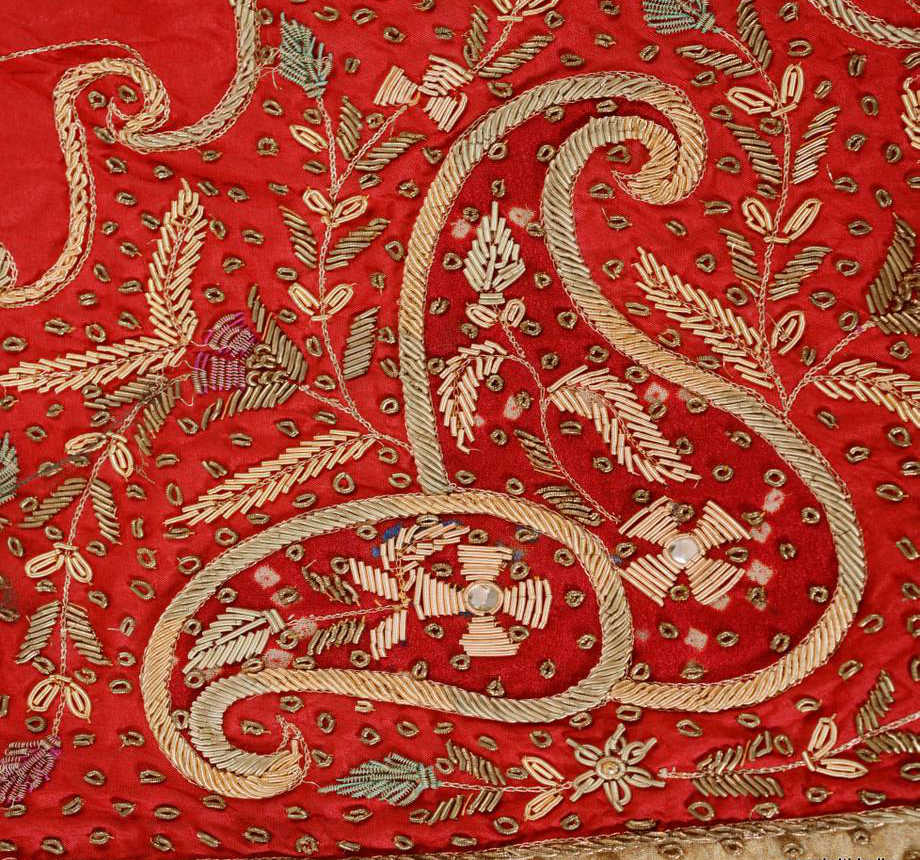===
0910,
2
===

=== |
 |
yih peshah ʿishq kā hai ḳhāk chhanvāʾegā ṣaḥrā kī
hazār ai be-vafā jūñ gul chaman-parvard hogā tū
1) this is the practice/pursuit of passion-- it will cause you to sift/strain the dust of the desert
2) a thousand-fold, oh faithless one, like the rose, you will be a child/servant of the garden
peshah : 'Vocation, profession, craft, trade, business; custom, habit, practice; art, skill'. (Platts p.300)
chhanvānā : 'To cause to be strained, to have or get strained or sifted, &c.' (Platts p.465)
parvardah : 'Fostered, nourished, cherished, bred, reared, brought up; supported, fed and clothed, patronized; —a slave'. (Platts p.256)
FWP:
SETS
MOTIFS == DESERT
NAMES
TERMS == LINESRF considers this to be a 'continuous' ghazal; for discussion, see {910,1}.
The 'connection' between the two lines adduced by SRF is an explicitly logical one: 'although line 2, nevertheless line 1': even if you're entirely a creature of the garden, still passion will send you out to roam madly in the desert. But nothing in the verse actually sets up this logic (there is no 'even if' or 'although'), and the verb ideally required in order to show it, in the absence of logical connectives, would be not hogā but ho ('no matter how much you might be X, still you will suffer Y'). The literal translation above shows the actual grammar clearly.
Thus I tend to read the second line as parallel to the first line, since their grammar is parallel ('you will suffer Y, you will be X'). If we look at the whole ghazal, every single line contains a future verb, and an independent prediction (or threat) about what will happen to the beloved if she rashly becomes a lover. So here I take the second line to be another such description of the dire things that will happen to her if she becomes a lover (of herself): 'You will become a creature entirely bound up in, created by, subservient to, the garden, like the rose'. Why is this such a dire fate? Perhaps because the rose is doomed to such a brief life; the beloved, resembling the rose and/or in love with her own rose-self, is bound to share in the rose's suffering.
This reading might also help explain why the beloved is addressed as 'faithless one'. If she is doomed to become 'like the rose', then she too might have an extremely short life, and thus prove herself unfaithful by dying and leaving the speaker bereft. In a more general way, of course, she might be 'faithless' because she hasn't responded to the speaker's passion, but has treacherously fallen in love with another (that is, with herself).